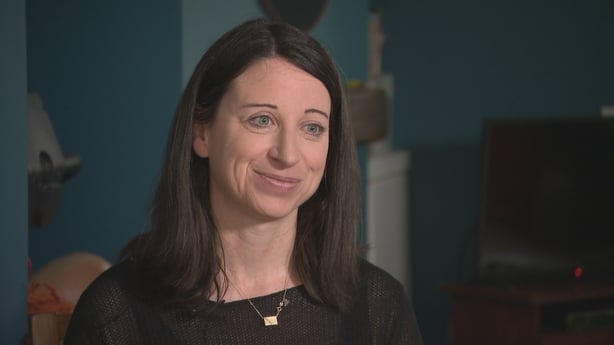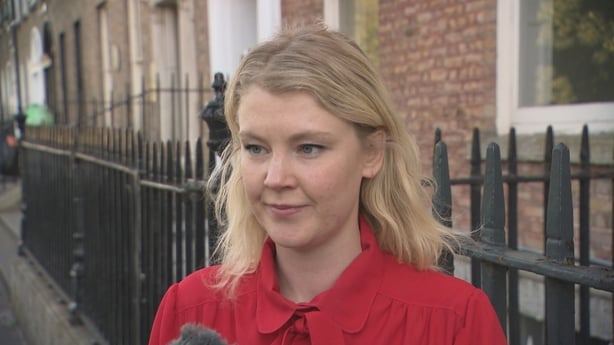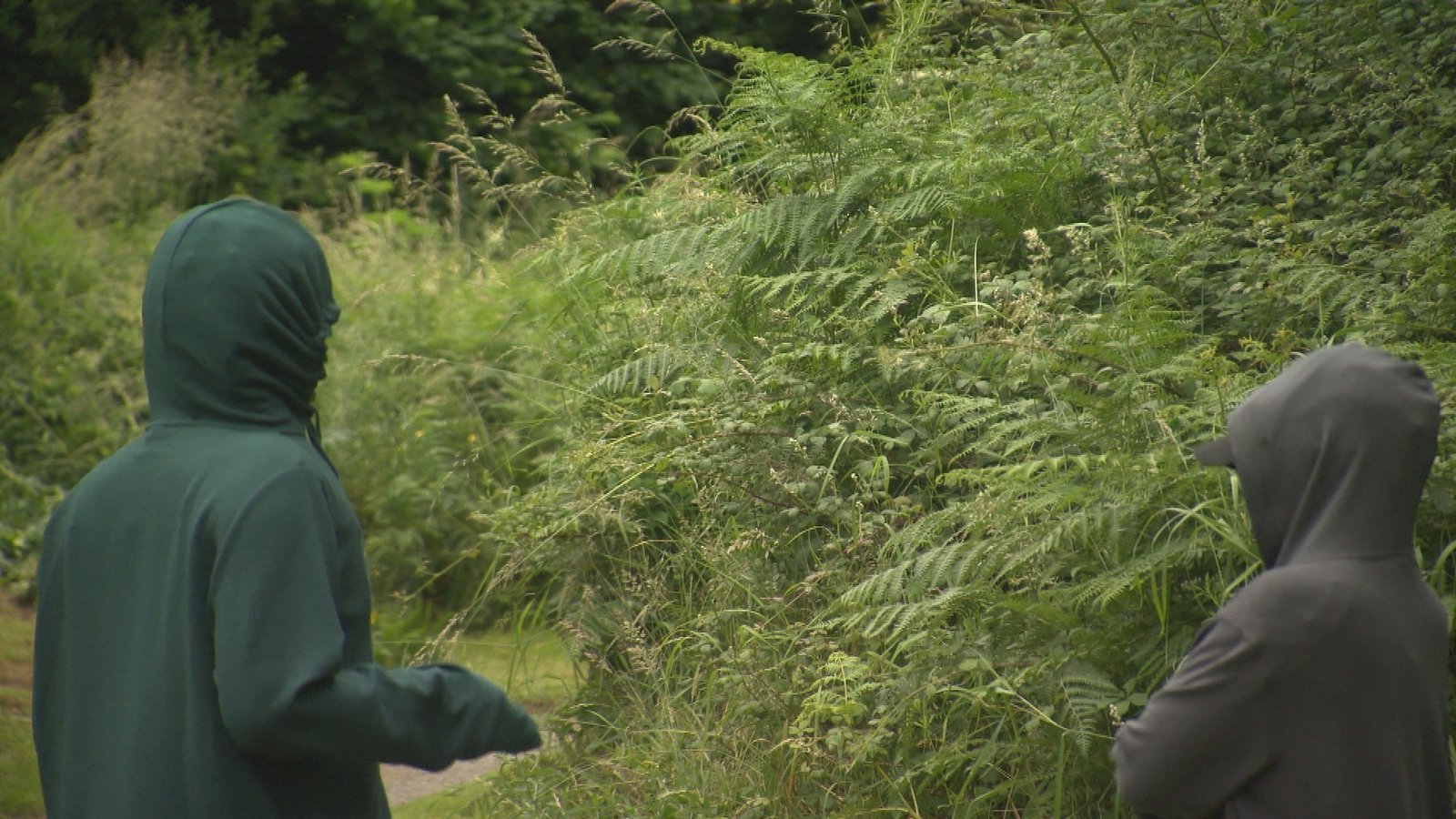Charities working with people living in direct provision or International Protection Accommodation centres have raised concerns over the rising number of people who have been told to leave their accommodation and are presenting as homeless in Dublin.
Department of Housing figures show that in the 12 months up to May this year, there was a 25% increase in that cohort who ended up in emergency accommodation.
There are concerns that the situation could get worse.
In recent months, hundreds of asylum seekers who have status to remain in Ireland have been ordered to leave direct provision centres or transfer to other International Protection Accommodation (IPAS) centres around the country.
Around 3,004 people have been written to and advised of a transfer, according to Minister Roderic O’Gorman in a recent parliamentary question.
There is fear and trepidation amongst the thousands that live in direct provision over the prospect of being evicted or moved.
They include Ruby and Kate who don’t know what to do.
Kate says that being sent to another community would be like starting over.
“I wouldn’t know how to. It will be difficult and it will be a setback because I’m trying – with my work and my childcare. If I move I have to try to find new people to connect with and I wouldn’t know where to start.”
Both the young women have status to remain in Ireland, which means they have the same rights as Irish people.
However, they also face the same obstacles in their efforts to find accommodation.
Ruby sends four or five emails daily seeking opportunities to view properties but never gets positive feedback.
“Even if I call the agency, they’ll tell me landlords are not taking HAP (Housing Assistance Payment), and they say I wish we could help you, but we can’t help you.”
Ruby also points out that landlords seek references, which the Direct Provision/International Protection Accommodation Service Centres do not provide.
In her view it is an obstacle to those making efforts to get out of direct provision.
“They tell us they’re not allowed to give us a reference because they don’t know us that well. It’s a bit difficult because I feel like that’s my home. They know me on a daily basis”.
As IPAS ramps up efforts to inform people they will be leaving direct provision, the international charity, Action Aid, which works closely with women in direct provision has called on the Government to make an exemption for lone parents like Ruby and Kate and allow them stay longer.
There is a similar initiative in place for the over 65s.
CEO Karol Balfe acknowledged that the Government had put social workers in place and enhanced connections to other organisations, but said this had not translated into “actual support” for the women.

“They feel like they’re knocking on a closed door. They’ve gone to local councils and some councils have been helpful, others have said it’s nothing to do with us, you need to go back to the International Protection Accommodation Service,” she said.
The issue for Action Aid is that the women it has been working with have already integrated into communities.
Alternative emergency accommodation and disruption to children by moving them away from schools is the opposite of integration, according to the charity.
It has also left communities and volunteers which worked across the State to ensure successful integration wondering what it was all about.
Indeed, there are similar views in communities that have integrated Ukrainians over the past two years. Towns and villages are now pushing back against suggested relocations in that regard.
At a press launch for the Government’s Action Plan Against Racism earlier this week, the Minister of State in the Department Joe O’Brien was firm.
Regarding international protection applicants he said a key part of integration was independence.
“In order to facilitate that, we do need to put people on a path that will allow them to build a long term future here as well.
“Many of the accommodation situations that people are in are temporary. We’ve had an extraordinary situation in the last two years where we’ve had to literally take everything we could find in order to try and minimise the number of people without accommodation.
“Shelter was our primary objective and now in terms of those with status, their integration in the medium to long term is next step and in order to do that, they need to gain independence and we’re supporting them.”
While he acknowledged that it was a challenging situation, he said the pressure was due to those with with no accommodation for whom space had to be made.
The situation could become even more challenging for the Department of Housing.
In May this year, 32% of homeless presentations in Dublin had left direct provision – a 25% rise in a year.
Policy and Advocacy Officer at the Irish Refugee Council Madeline Allen believes it is a concerning development.

“People in IPAS accommodation who have their status could be considered to be homeless already, it’s just moving people between systems.
“Really putting vulnerable people on the streets in order to move them into a new system which falls under a different government department is just not acceptable”.
Sinn Fein’s Spokesperson on Housing Eoin Ó Broin said that the Government should have seen this coming years ago.
He has called on the two ministers to meet about the specific issue.
“We need a plan and that means Darragh O’Brien and Roderic O’Gorman sitting down and working out how to address this issue, because one thing is for sure, if they don’t do that, the problem is going to get worse.”

